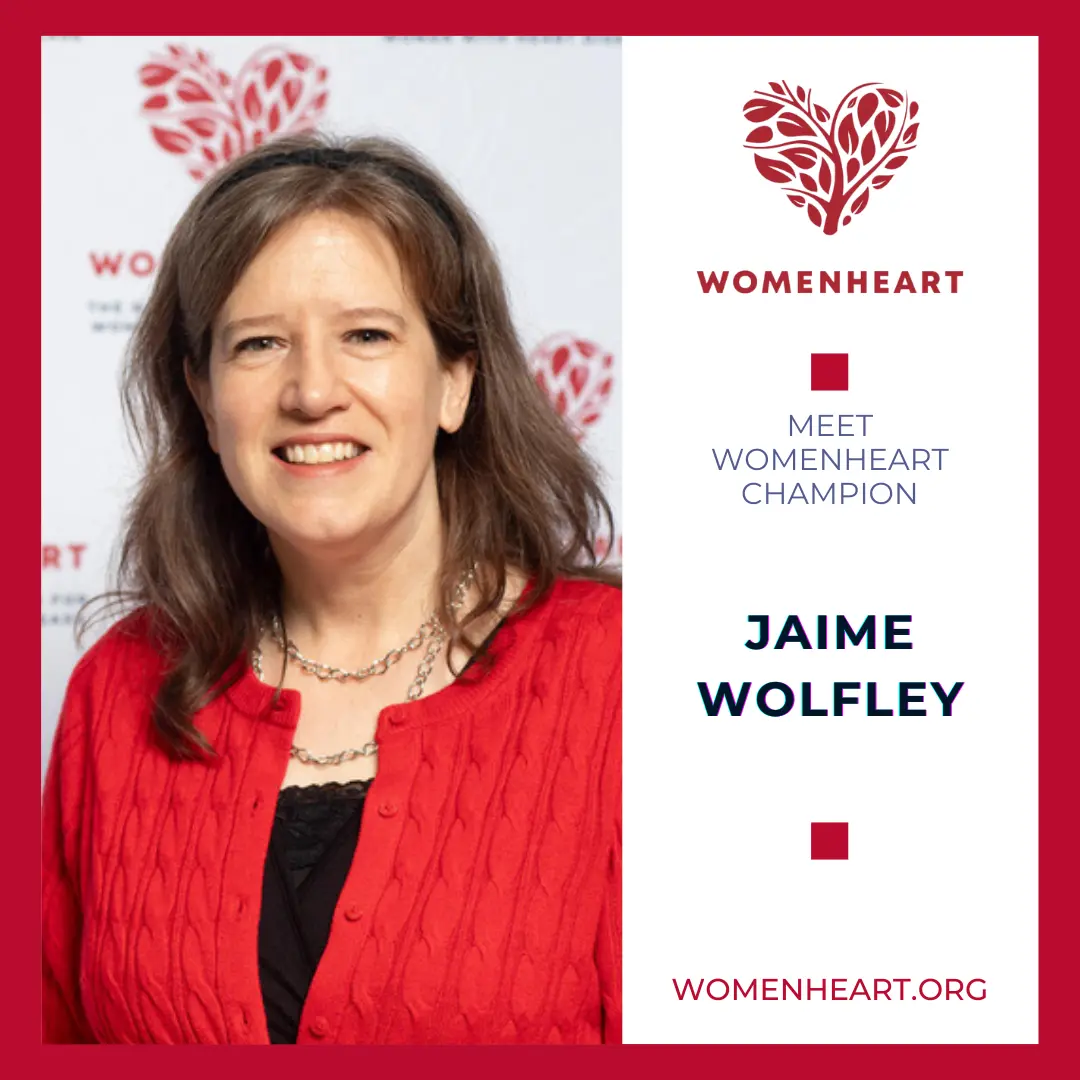President Trump released his federal budget proposal for Fiscal Year (FY) 2020 on Monday, March 11, 2019. It proposes sweeping cuts to domestic programs and agencies, including those that oversee heart disease research and ensure that low-income people have access to health care.
The budget proposes cutting the National Institute of Health’s (NIH) budget by 12 percent, a decrease of $4.5 billion. That includes a proposed cut of $486 million for the National Heart, Lung, and Blood Institute (NHLBI), which is currently funded at $3.49 billion for FY 2019. WomenHeart joined our partners in the National Coalition for Heart and Stroke Research in a letter to Congressional appropriators requesting an increase to $3.71 billion for NHLBI. Currently, NIH invests only 4 percent of its budget on heart research.
The President’s budget proposes reduced funding for the Centers for Disease Control and Prevention (CDC) by $1.27 billion. We have requested that Congress fully fund the CDC’s Division for Heart Disease and Stroke Prevention, Million Hearts, and WISEWOMAN, programs that help prevent heart disease and serve low-income women at risk for heart disease. The budget proposes increasing funding for the Food and Drug Administration (FDA) by 12 percent, which would be largely spread out across the agency.
Like last year, this budget proposes drastic changes to Medicaid, which provides health coverage to low-income people. These changes would slash funding and result in fewer people being eligible and more becoming uninsured.
The President’s annual budget proposal generally serves as a reflection of the Administration’s priorities, and specific funding requests may or may not be adopted by Congress, which has ultimate authority over federal spending. Last year, Congress increased funding for NIH by approximately $2 billion.
WomenHeart calls on Congress to support sustained and growing funding levels for federal research agencies working to better understand, prevent, and treat heart disease, including the differences between men and women seeking diagnosis and treatment, and to support programs that ensure all women living with and at risk of heart disease have access to comprehensive and affordable health insurance coverage.
Make your voice heard. Tell Congress to fully fund federal research agencies.




